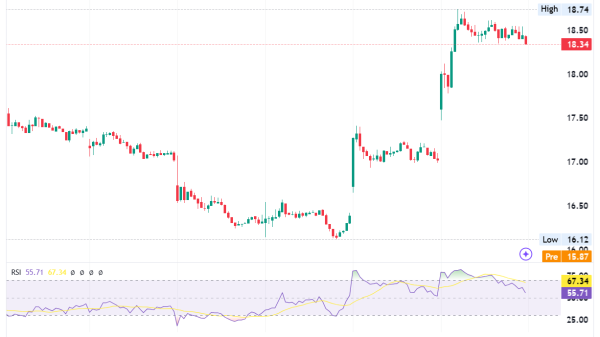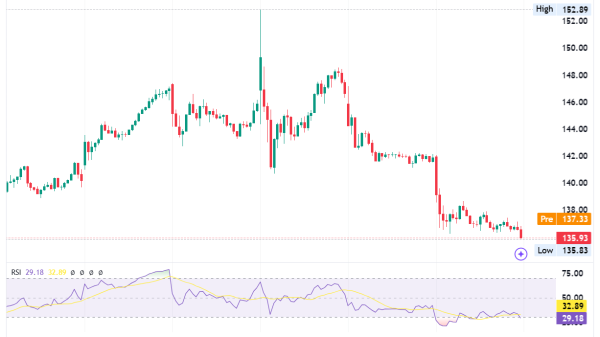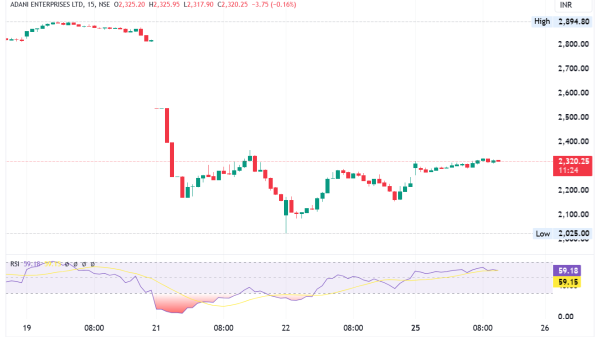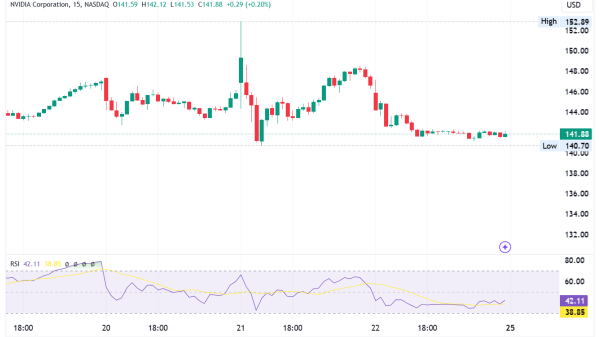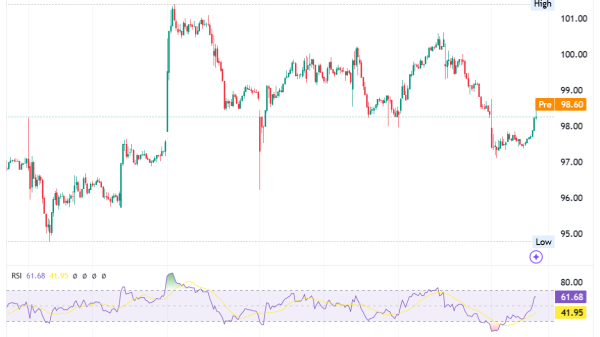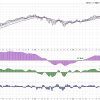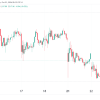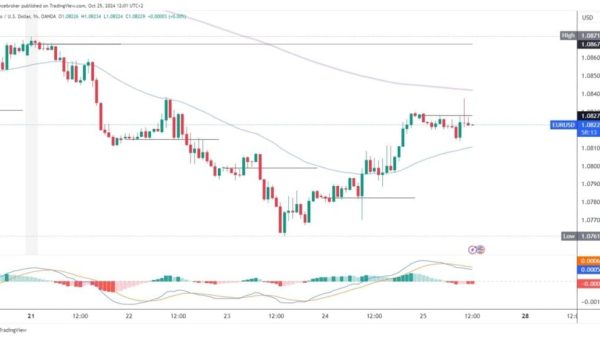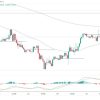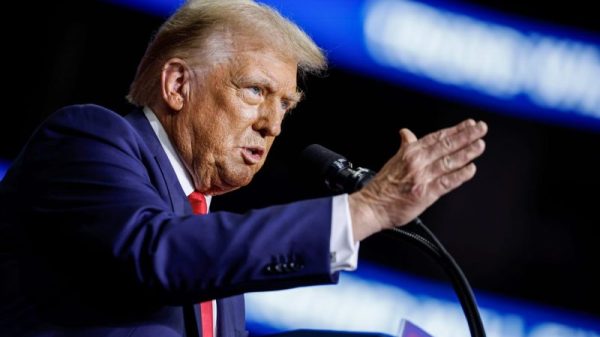
By Libby George
LONDON (Reuters) – A global resurgence in industrial policies that aim to boost or protect domestic interests threatens international cooperation and could hurt poorer countries in particular, the European Bank for Reconstruction and Development said in an annual report.
The annual transitions report, which this year examined data impacting trade for 140 countries, found a “remarkable global resurgence” in strategic interventions designed to shape countries’ economies.
“Industrial policy is back with a vengeance,” Beata Javorcik, EBRD Chief Economist said in an interview. “It is back in rich countries as well as in emerging markets.”
Such policies often include state-backed grants or loans or subsidies for local industry; 90% of those in advanced economies and EBRD regions discriminate against foreign interests in favour of domestic ones.
The report found that such policies have increased rapidly since 2019 due to factors including boosting the green transition, following the lead of major economies such as China or the United States, and because citizens increasingly back a greater state role in the economy.
The report found that while such policies can be effective, when they are not carefully managed they risk undermining the level playing field.
“This means that industrial policy can become a force that will push the world towards fragmentation,” Javorcik said.
The report, from the EBRD’s office of the chief economist, was the first compiled by it with the use of Artificial Intelligence, which researchers used to crunch data from the Global Trade Alert database.
Javorcik said the economic upheaval in recent years – due to globalisation, automation, the green transition and now AI – had amplified support for greater state involvement – particularly among those born before 1975.
The increasing use of such policies in lower-income countries that have limited administrative capabilities is particularly concerning, Javorcik said, as they tend to opt for the “most distortive”, such as import or export bans or export licensing, which bring risk of corruption.











